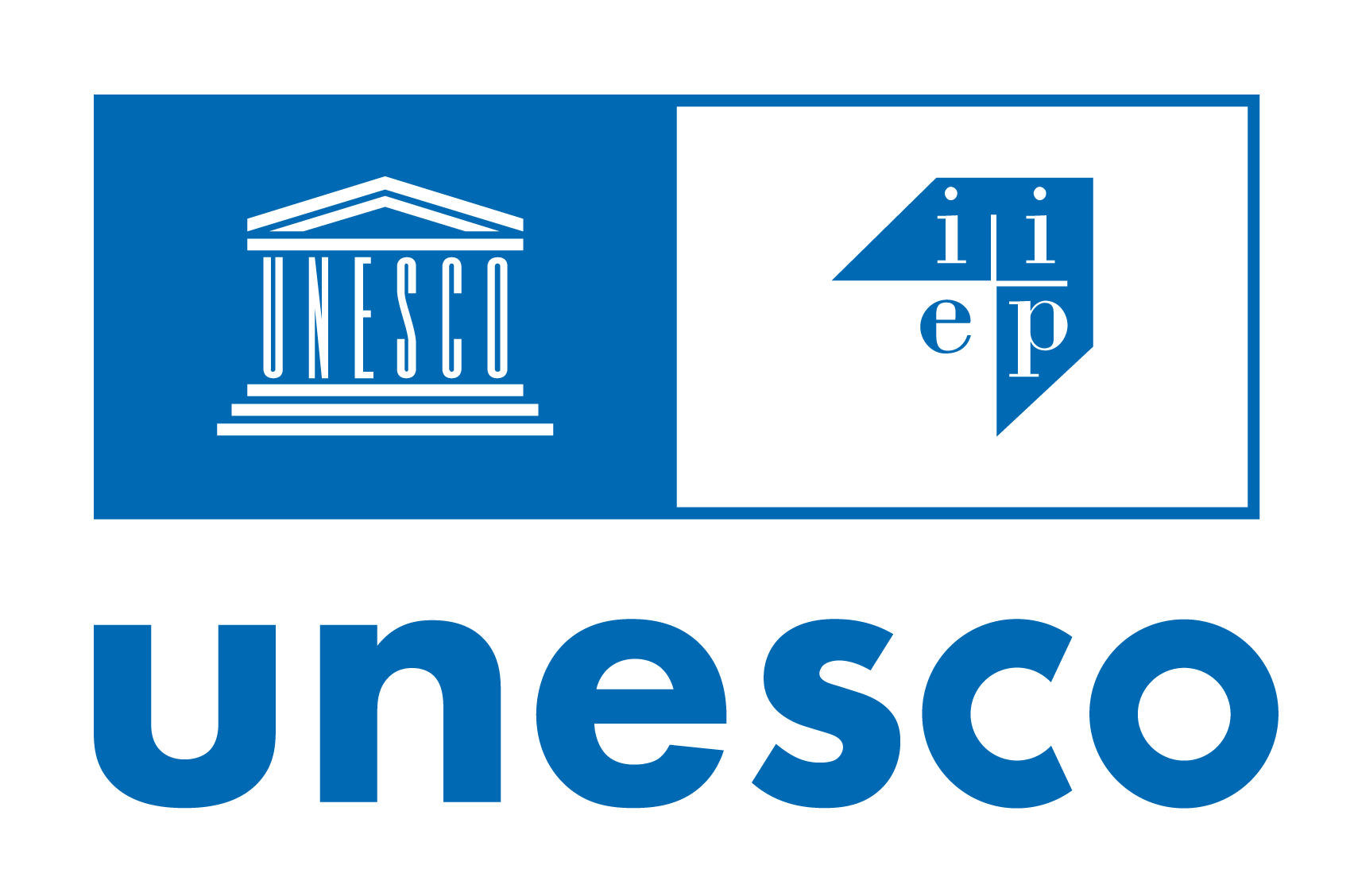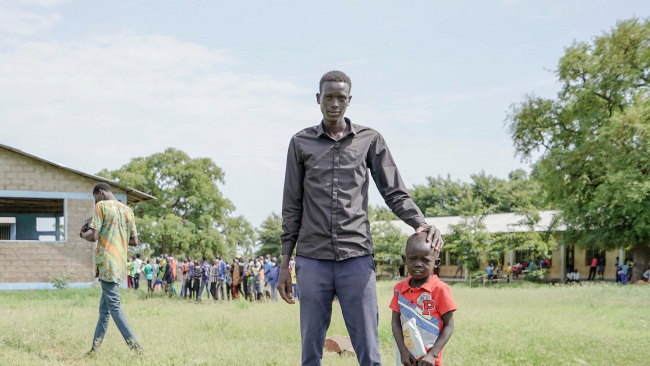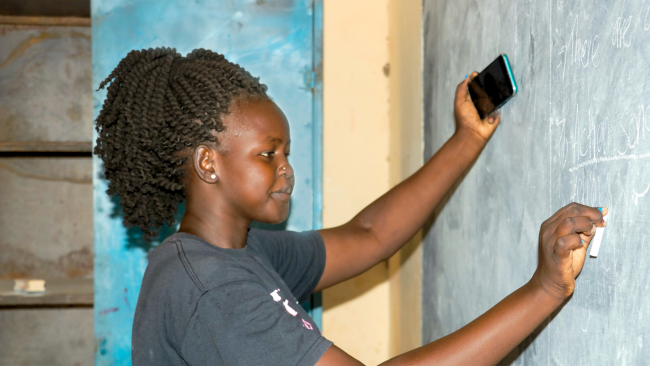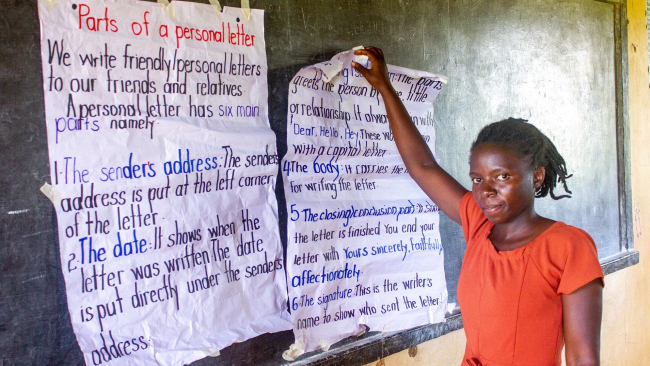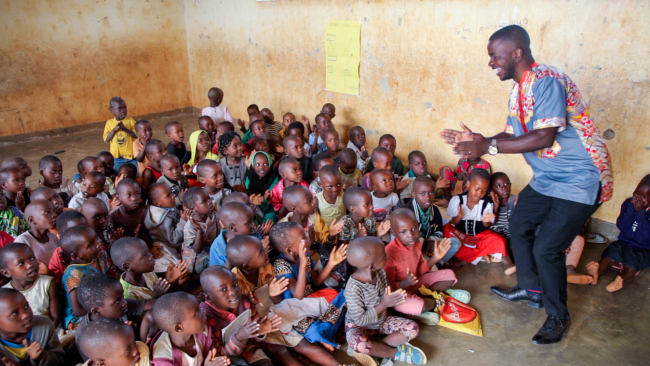This paper is a contribution to the 2019 edition of the Global Assessment Report on Disaster Risk Reduction (GAR 2019).
This paper is prompted by critical awareness that the aspirations of both the Sendai Framework for Disaster Risk Reduction and the 2030 Agenda for Sustainable Development hinge substantially on advancements in (sub)national resilience building. It also recognises the heightened urgency for strengthened resilience capability in developing countries, as well as in more developed countries that experience differential states of fragility at subnational levels.
In this context, the paper foregrounds an important tension between the aspirational intent of the Sendai Framework and its prospects for realisation. It argues that while the Sendai Framework’s complex, interlinked components imply availability of skilled human capital (at national and subnational scales), many of the countries most exposed to complex, recurrent and interlinked threats lack access to the evolved, ‘future-ready’ and integrated skill-sets that underpin the Framework’s implementation. This is specifically the case for countries with sustained levels of fragility that face higher levels of disaster risk than those with robust governance capability.
The paper seeks to critically examine whether purposeful investments in high-value disaster risk-related human capital and human resources enable progress towards strengthened risk reduction capability at national and subnational levels – especially in variable, complex, high-risk contexts. It intends to sharpen understanding on the role of high-value human capital in resilience creation, particularly in chronically at-risk countries facing multiple threats – going beyond the often blunt and un-nuanced observations on ‘mainstreaming disaster risk reduction’ and ‘DRR capacity building’.
